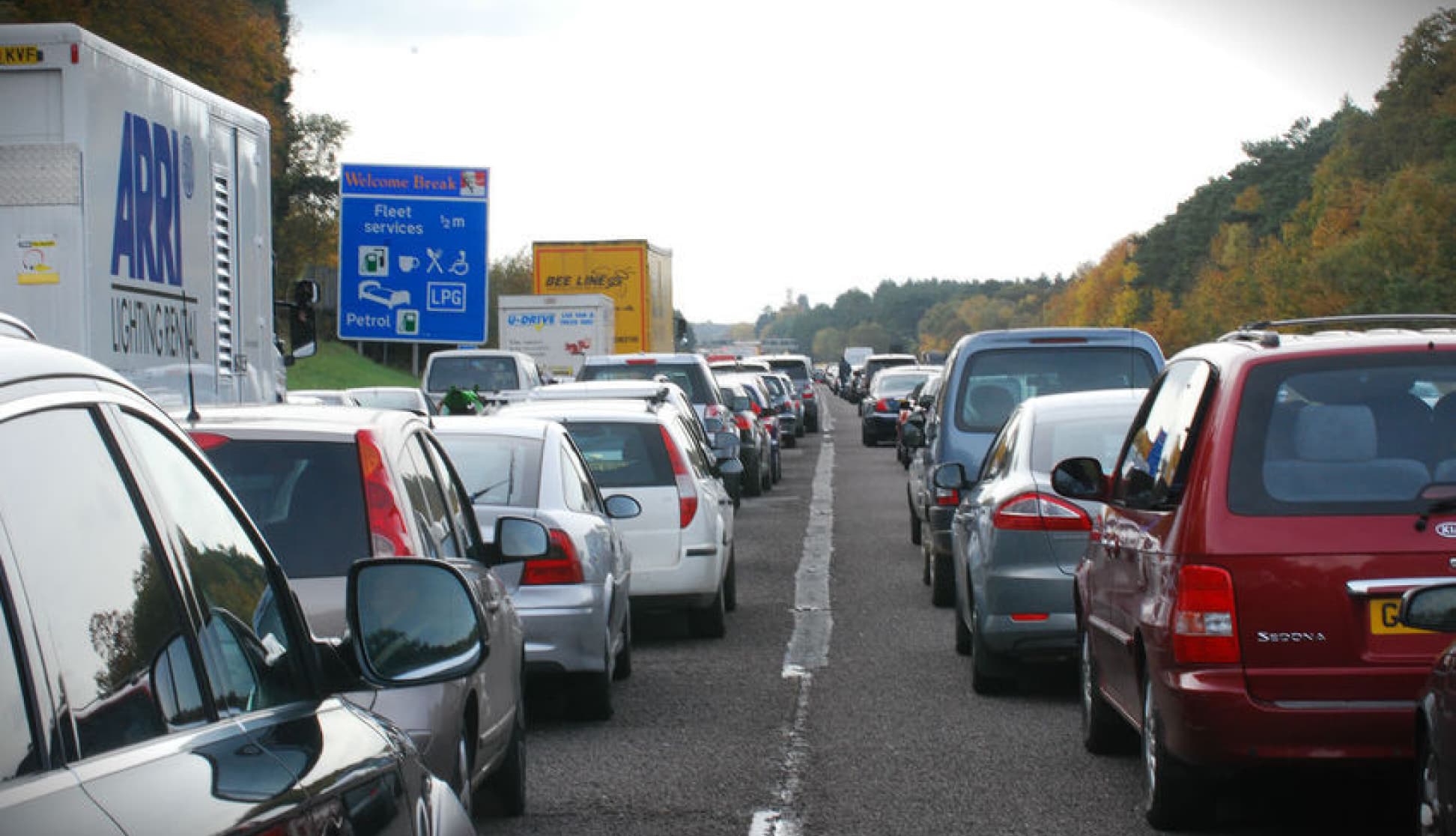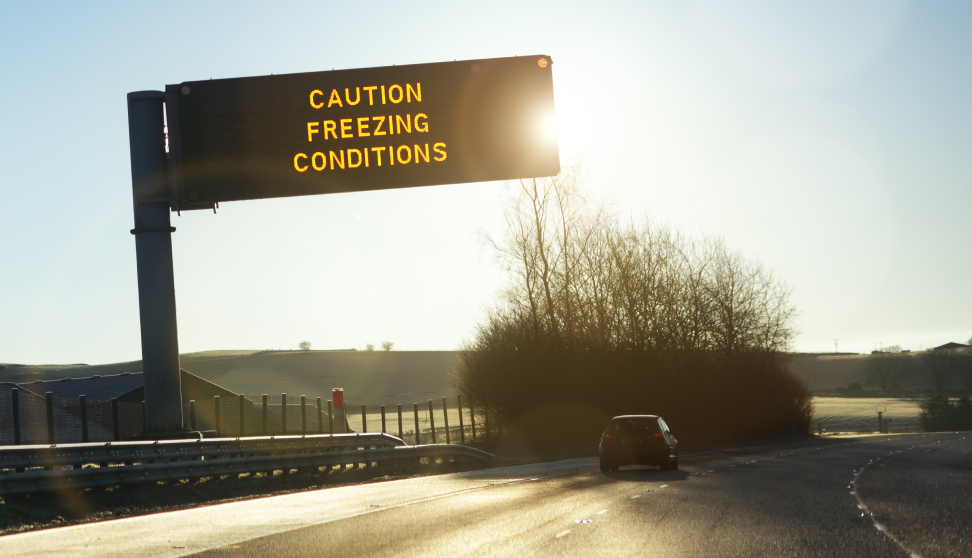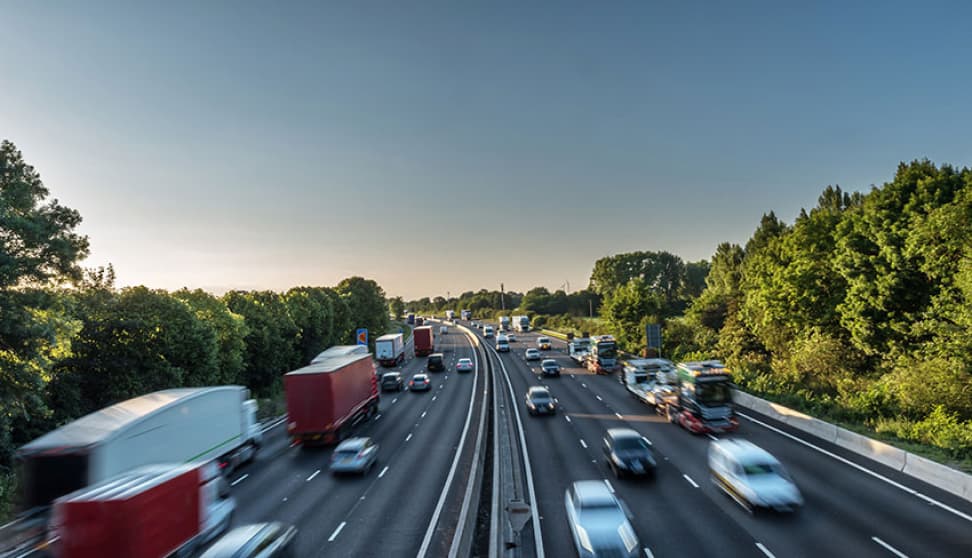A member of the AA, the UK’s largest breakdown organisation, was fined by the police for causing an obstruction after running out of fuel.
Last year, the AA attended more than 10,500 breakdowns where members had run out of fuel or electrical charge, with the majority on motorways or fast-moving roads.
While running out of fuel isn’t illegal under current legislation, drivers can be fined a minimum of £100 and three penalty points if their car obstructs the road as a result of an avoidable breakdown, or if running out of fuel is deemed to result in careless or dangerous driving. If a vehicle causing an obstruction is found to be at fault for a collision, the penalty can be more serious.
Rule 97 of the Highway Code states: 'Before setting off, you SHOULD ensure that you have sufficient fuel for your journey, especially if it includes motorway driving.'
Edmund King, AA president, has urged motorists not to take any chances and make sure they're prepared before setting off.
He said: “There can be some genuine reasons for running out of fuel, such as a faulty gauge or undetected fuel leak. On occasions cars may get stuck in jams for hours due to bad winter weather or miles of disruption leading to Channel ports, which could result in running out of fuel. Hence, we advise to always have at least one quarter of a tank of fuel. Likewise, some EV drivers might run low or out of charge if several chargers aren’t working.
“One would hope that police officers would be reasonable in those circumstances. But where drivers negligently run on fumes, leaving themselves and others in danger on the road, the weight of the law can be brought to bear on them. Don’t be a fuel gambler by running on fumes.
“Most of the out-of-fuel cases the AA sees are a result of driver misjudgement, and the police have the power to give a warning or a penalty if it is deemed to be careless driving or causes an obstruction. If you are running low, you can use the AA route planner to find the closest and cheapest fuel.”
Nick Powell, AA Patrol of the Year, added: “There are some occasions when running out of fuel is totally understandable, such as a fuel gauge developing a fault mid-journey, or the fuel tank has struck something in the road.
“But the majority of cases that we see at the roadside are where drivers have run out of fuel because they thought they could make it home or to a cheaper filling station. Running out can leave you in a potentially dangerous position.”



